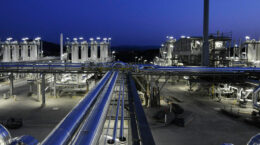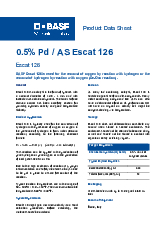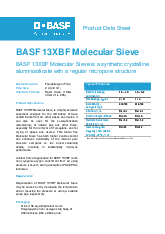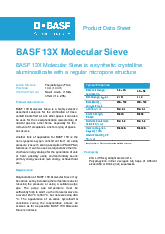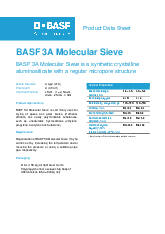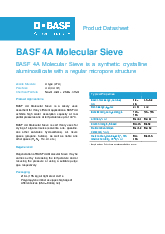About Chemical Catalysts
Sometimes you need an off-the-shelf solution, and sometimes the situation calls for a tailored proprietary catalyst – or a joint development program for something entirely unique. Our custom catalyst manufacturing services free you up to focus on running the business.
BASF is dedicated to working closely together to determine the right catalyst solution for your application. As leading catalyst manufacturers, we provide a series of solutions along the chemical value chain such as oxidation, intermediates production and specialty applications.
With our in-depth knowledge and expertise in chemical markets, catalysts and processes, you can expect optimal results and an invaluable partnership.


